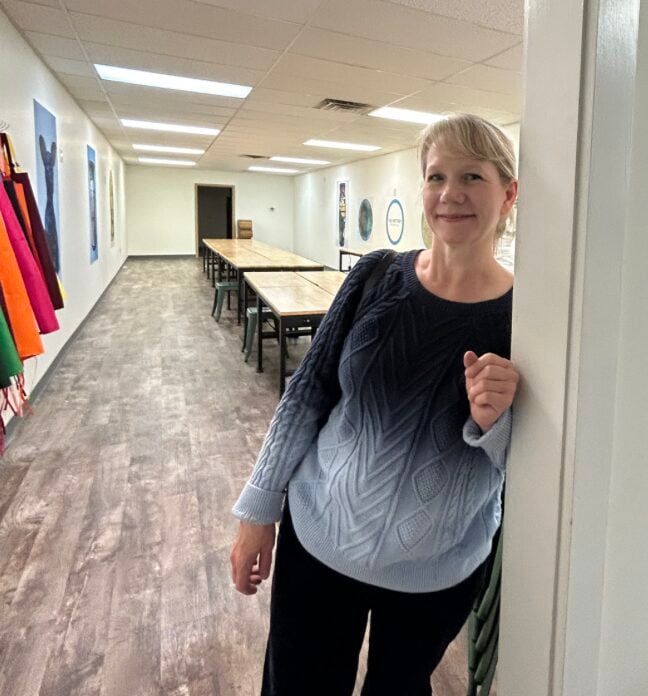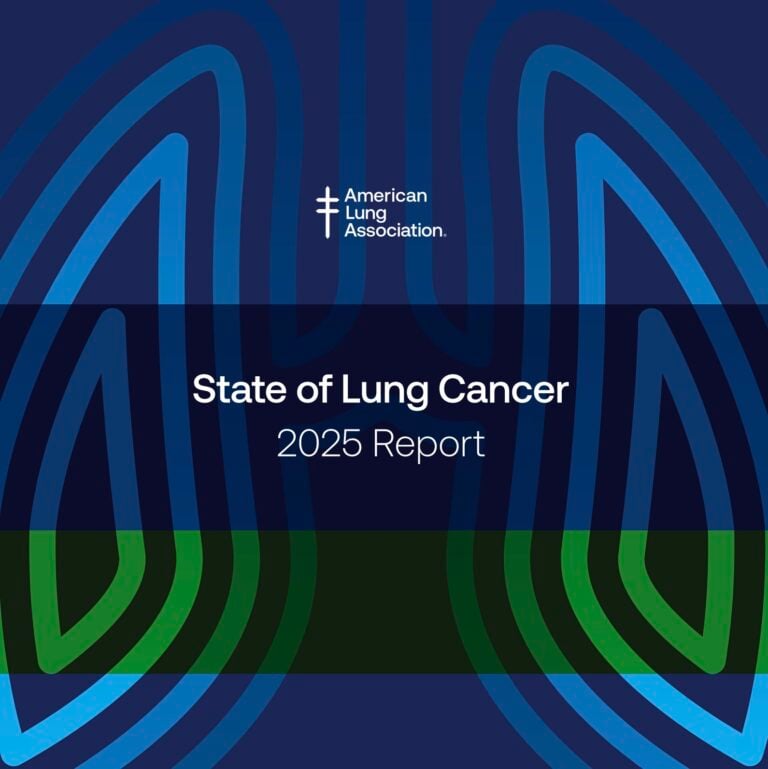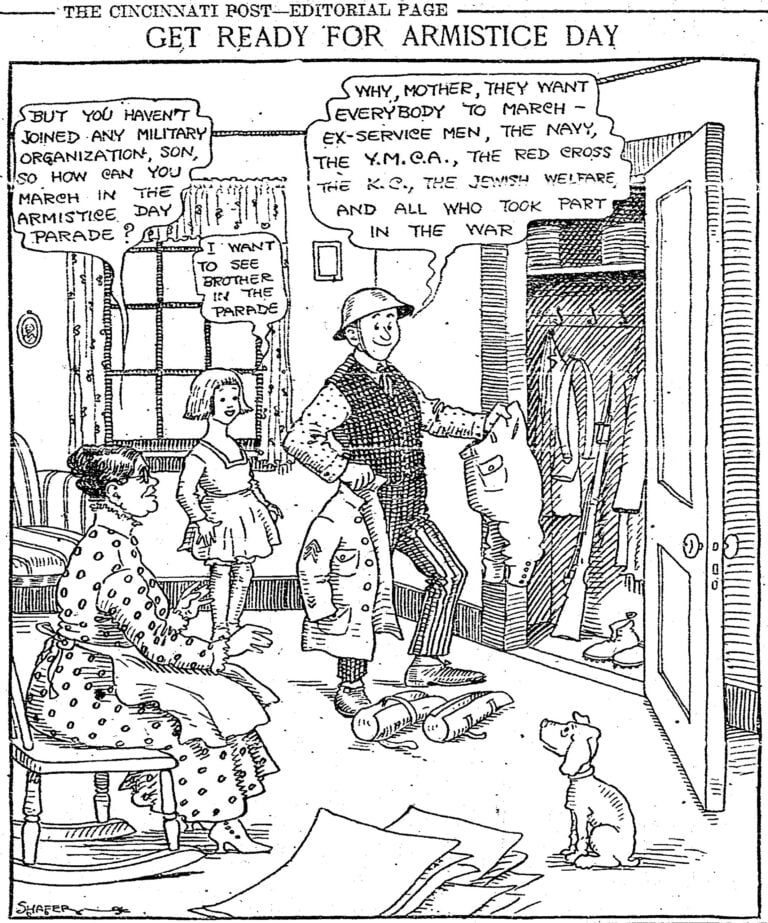Homelessness, while experienced by many, disproportionately affects those with a foster care experience.
It has been found that in Kentucky, 1 in 3 young adults who have foster care experience will face homelessness/housing instability at some point.
So, out of the 1,132 youth aged 16-20 that were in foster care in 2021, 444 of them will eventually face housing instability.
Foster care’s purpose is to reunify families or establish a permanent placement for children in care; foster care is there to ensure youth have forever families that are safe and loving. Yet, this is not the outcome many youth face as 1 in 2 youth will leave foster care lacking permanent, legal connections to family or a guardian. Placement instability is one of the direct root causes of foster care alumni homelessness and it must be addressed.

It doesn’t stop here though.
Being homeless and facing housing instability is an issue that has a “trickling effect.”
Think about this: someone ages out of care at 18 and begins experiencing homelessness. Because of this, they may lack transportation meaning they will find it extremely difficult to acquire and keep a job, making financial stability impossible, and schooling is definitely off the table since they have no way of getting to and from school. If someone doesn’t have a job, how will they be able to afford to eat everyday? They most likely won’t. Living a life where you can’t meet the two fundamental needs to survive, shelter and food, can detrimentally affect someone’s mental health and can cause increased rates of depression, anxiety, suicide ideation, PTSD, and more. Not to mention the mental health impacts of experiencing and living through the foster care system in general.
So now, this person is not only homeless, they are also facing a myriad of issues that are directly caused by homelessness.
To address the homelessness problem in young adults with foster care experience means to also address the effects of homelessness such as food insecurity, unemployment, mental illness, lack of educational opportunities, and more.
So what can you do?
• Ensure youth understand their options to extend their stay in foster care. Senate Bill 8 allows youth who are aging out to extend care two times up to age 21. This greatly increases youths chances of achieving permanency and opens up opportunities for schooling, housing, and other essential supports.
• Support emergency placement options, like temporary hotel stays, that include case management through YouthBuild.
• Connect youth with independent living skills and transitional housing programs.
• Create a support network for the youth before aging out of care and connect them to groups like True Up’s Peer Network.
Through collaborative efforts with community partners and individuals who care, we will be able to end homelessness, not just for foster care alumni, but for all.
What will you do?
Carlie Reeves is an Intern at Kentucky Youth Advocates.




















